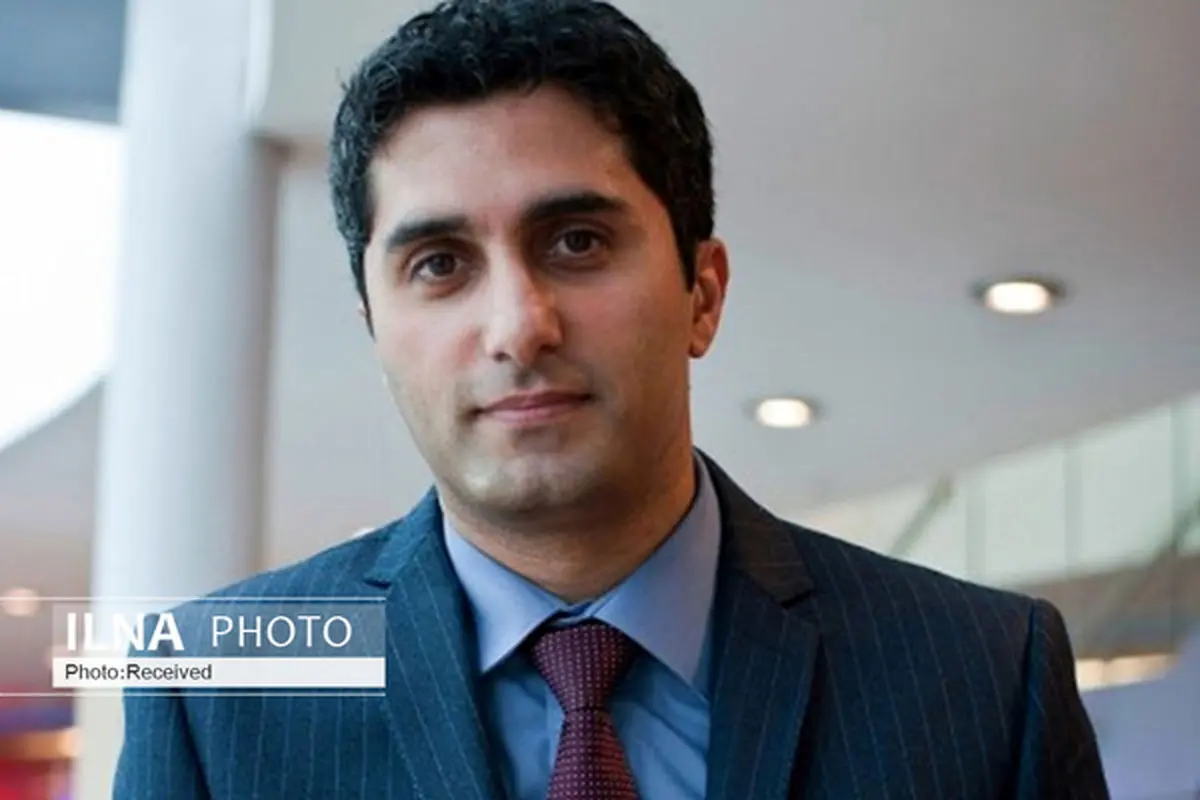Lifting sanctions isn't as simple as it sounds; Expert

"President Biden took swift steps to increase trust in the US and on international organizations, "a Special Adviser to the Foreign Affairs Select Committee of the UK Parliament.
Guney Yıldız, IPC-Stiftung Mercator Fellow at German Institute for International and Security Affairs (SWP-Berlin) says that the US is expected to focus less on the Middle East and more on Southeast Asia in the near to mid-term future. He believes but there will also be significant continuity between the Trump and Biden administration on foreign policy files such as China. Guney Yildiz is a researcher and journalist based in London with a focus on Turkey, Syria and the Kurds in the Middle East.
Here you can read an interview with the Professor of International Relations and Political Science at the University of Cambridge with ILNA news agency as follows:
Q: How will President-elect Joe Biden change U.S. foreign policy?
A: With the Biden administration, there will be significant changes concerning the US approach to international agreements and institutions such as the Paris Agreement and World Health Organisation (WHO). Transatlantic relations and Western multilateral arrangements will improve as well. The US policy on Russia will not be as tolerant as it was under the Trump administration. Biden administration is expected to have a more constructive approach to agreements on Iran's nuclear issues.
So there will be substantial changes in these areas compared to the Trump era. However, there will also be significant continuity between the Trump and Biden administration on foreign policy files such as China. The US disengagement from the Middle East or West Asia, which started under the Bush and Obama administrations, will also continue. The US is expected to focus less on the Middle East and more on Southeast Asia in the near to mid-term future.
Q: Biden vows to restore alliances in the first foreign policy address. Can he repair US relations with the world?
A: Leaders of European countries and the US say that there will be no return to a pre-Trump era in transatlantic relations. Still, President Biden took swift steps to increase trust in the US and in international organizations. Since the world and especially the US allies need US leadership to tackle a multiplicity of geopolitical problems, it won’t be difficult for Biden to restate the US leadership again. It is unclear whether the US would want to step back into the driving seat of the implementation of Western policies in many conflict areas.
Q: Will Biden return to the agreement with Iran?
A: Biden made it clear that he wants to return to the JCPOA agreement with Iran. Before doing so, he must negotiate with the US allies in Europe and the Middle East. In the end, it will be the US administration that could steer the policies of their partners in the region back to accepting negotiations for a deal with Iran. The countries that signed the JCPOA deal in the first place could try to limit the US desire to renegotiate the agreement. However, the US allies would likely try to take the opportunity to negotiate a new deal rather than accepting the old one. There could be some friction between those countries that would want to take the deal as originally made and those who would like to renegotiate by broadening its scope.
Q: Will Biden easily lift sanctions against Iran?
A: No. Biden administration will most probably try to renegotiate the nuclear deal before lifting sanctions against Iran. In doing so, the US would want to expand the agreement's scope beyond Iran’s nuclear program. So, it is premature to expect Biden to lift the sanctions against Iran anytime soon. However, the change of administration in the US would still increase the possibility of de-escalation of the tension between Iran and the US. This could be good news for the Iranian economy because it will make the country's political prospects more stable.
Q: Is Europe hoping to revive the nuclear deal with Iran?
A: European countries have been open about their desire to keep the nuclear deal alive even after the US withdrawal from the agreement. However, in this game, Europe cannot determine the course of events despite the US position. Now, with the Biden administration expressing desires to go back to the negotiation table with Iran, I expect that Europe will also support these efforts. However, it’s unlikely that western countries would go back to the same deal without negotiating Iran‘s regional policies and the nuclear program.
Q: Will the nuclear deal survive or will another deal be formed?
A: It is unlikely that the US and its allies would want to go back to the same deal. Although the new US administration and the European powers were against former President Trump‘s withdrawal from the JCPOA deal, they are now more critical of the original agreement. The central Western objection to the original deal was that the agreement dealt only with Iran’s nuclear program and did not focus on regulating Iranian military and political activity across the Middle East.
END
